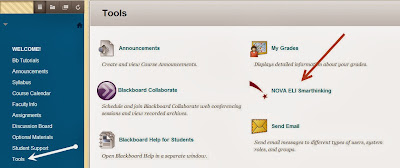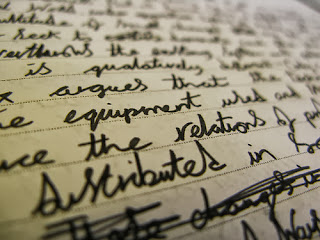Oh Life is a website that enables you to journal online. If you love to write, this is just the place for you to begin journaling. And, if you struggle with writing, this is the perfect place to write daily, in an effort to develop and enhance your writing skills! The more you write, the more comfortable and creative you become with the writing process.
Journaling has many benefits to include increasing focus, enhancing
writing skills and self-confidence, as well as helping capture memories and
special life moments. It also serves to provide insight into daily life
and helps to identify goals, thoughts and ideas, to name a few. For more
information of the benefits of journaling, please click here.
When you are journaling, keep in mind,
you will be the only one reading your work. It does not have to be
perfect and if you are hesitant to write down all of your thoughts simply
leave them out.
Oh Life will send you an email each day,
asking how your day went. You can start simple by listing all your
accomplishments and favorite parts of the day. Later, you can refer back
and begin to see all the accomplishments in your life. Alternatively, if
you love to write, you can broaden your vocabulary to provide a full synopsis
of your day. Don't hesitate to stick with the pen and paper journal -
flipping through the pages and reading about your accomplishments will
also inspire you!
Begin journaling today and capture your
life story! For more information on journaling, please click here.

















